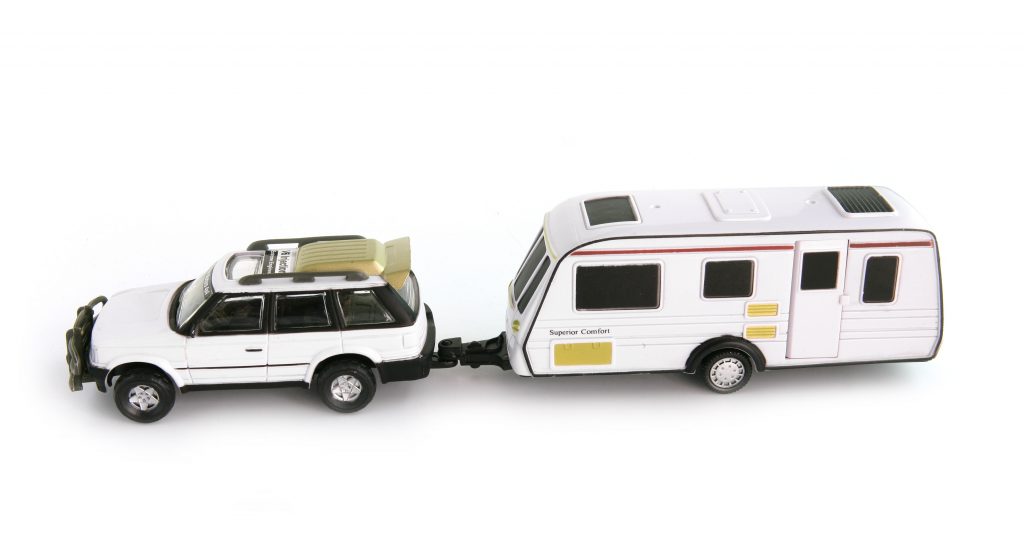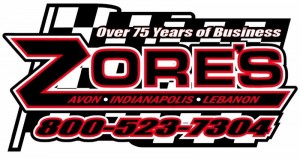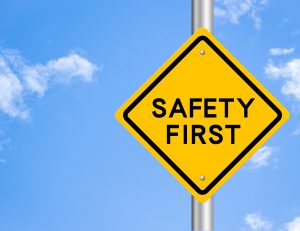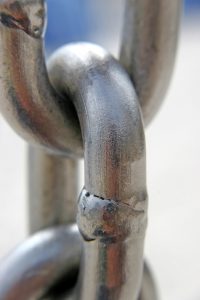If you are new to the industry, or have never towed anything with a car, truck, or trailer, then you might come across some industry terms that you haven’t heard of or learned quite yet. It is important to understand the basic terms and towing language, as well as, all the necessary parts and safety rules, before attempting to tow or haul any size load. Review some basic introductory towing terms and their definitions below, and improve your towing knowledge and understanding even more!
Common Towing Terms:
Trailer
A trailer is anything that is built to be towed behind another vehicle. The most common types are designed with wheels and a flat bed, but there are several other versions as well. There are commercial trailers, farming trailers, and recreational trailers, all used for different loads, freights, and purposes. Examples of trailers include RV’s, campers, livestock trailers, auto haulers, gear haulers, flatbeds, open utility trailers, watercraft trailers, car-towing dollies, and tow bars.
Tow Dolly
A towing dolly is a light-duty half-sized flatbed trailer with only two wheels. The front end is without wheels and lifts off the ground so to connect to another vehicle, while the two wheels in the back remain in contact with the ground. These are best used for short distances.
Tow Hitch
A tow hitch is the connecting point between the vehicle doing the towing and the trailer itself. There are several types of hitches available on the market for light, medium, and heavy-duty towing. It is one of the most vital components in the towing assembly. It is important to match the proper size hitch to the vehicle’s towing capacity, and match all that with the trailer’s specifications as well.
Hitch Ball
The hitch ball is part of a flexible joint that permits a towing vehicle and its trailer to make turns and take bumps in the road. Hitch balls are manufactured in many different sizes, from 1 7/8th inches to over 2 5/16th inches.
Coupler
The coupler makes up the other half of the flexible joint that is also the hitch ball. It is mounted above the hitch ball and circulates around it for smooth transport over dips, bends, and bumps in the road.
Hitch Ball Mount
Hitch mounts are also referred to as draw bars or stingers, and connect to the hitch using hitch clips and pins.
Hitch Pin/Clip
Metal devices that are used to secure connections between hitch mounts and hitches.
Tow Bar
Also called a sway bar, this V-shaped towing accessory is used to prevent trailers and other loads from swaying back and forth on the road during a tow. It keeps the trailer in a straight line behind the tow vehicle. They are used in conjunction with a tow coupler for dinghy towing or flat towing another car or SUV.
Safety Chains
These are an important towing accessory because they make sure nothing will come apart on the road. In the case that a towing component defects or comes loose, the safety chains ensure that the trailer or vehicle doesn’t disconnect from the tow vehicle and harm other drivers on the road. Never tow anything without them!




